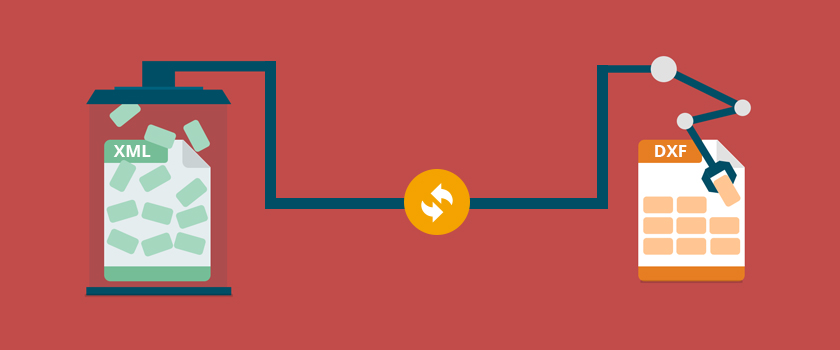A Beginner’s Guide to Clinical Trials
By: Arooj Fatima Posted on Wed, 23-12-2015

What Is A Clinical Trial?
A clinical trial is a research study performed on human beings with the objective of testing new drugs, treatments, vaccines or medical procedures. It is the fastest and most sound way to find out whether new products or practices are safe and practical.
Initially, testing is done in the laboratory on animals; only medication, devices or other treatments with the most promising outcomes are moved towards human clinical trials. As the trial progresses, more and more information is gained regarding pros and cons of a substance.
In Armenia, clinical trials are being carried out for the treatment of Open-angle Glaucoma which is a condition associated with damage to the optic nerve. To learn more about the course and materials of the treatment, you can use Armenian Clinical Trials Translation for complete conversion of the research paper into your preferred language.
Questions To Ask before Starting a Clinical Trial
- Is your product/procedure worth it? (keeping in mind all the time and money you will invest)
- Can it improve the quality of life for the targeted patients?
- Is it actually something new and original? (your treatment shall not be a mere modification of something that already exists)
- Have you worked out the number and type of patients you will require for the study?
- Have you developed an organized method for the trial?
- Is your product/procedure ethical and completely free of bias?
If your answer to all the questions above is “Yes”, you can take that as a green signal. Also remember to develop effective communication strategies for foreign candidates, such as professional Interpreter Services.
Phases of a Clinical Trial
Phase 1 – The study is performed on a small number of volunteers, usually between 6 and 10. The occurrence and severity of any side effects is noted.
Phase 2 – The number of participants is increased (20-300) after initial safety has been confirmed in Phase 1. Concentrations of the treatment are varied for comparison; the most effective and safe dosage is identified.
Phase 3 – The number of people is further increased (300-3000) and the new treatment is compared with other existing treatments for the same condition, in terms of effectiveness.
Phase 4 – These studies estimate the long term effect of the treatment in large populations. They take place after the treatment has been certified, and introduced into the market.
Rights of Participants
All patients/volunteers of your clinical trials must be treated equally irrespective of race and gender. They should be aware of all possible consequences of the trials in advance and should not be forced to stay if they wish to leave at any point.
If your participants include people from a different region, all information regarding the trials shall be provided to them in their native language. Interpreting and Translation Services can be used to build understanding and make them feel at home.
Suppose you are from Armenia and have developed a vaccine for Malaria. You wish to recruit patients from India and Africa where the disease is common, but face trouble communicating your mission. Here you will use Armenian Clinical Trials Translation to convey your message.

dxf: DXF is a CAD data file format developed by Autodesk for CAD data exchange between AutoCAD and other software. docx:
Read more
Mars Translation can help you extract the texts in a DXF file and convert them into a XML file so
Read more
Mars Translation can help you extract the texts in a DWG file and convert them into a Word file so
Read more
Africa is the second largest and second most populous continent. As recent statistics suggest, 1,486,275,887 is the current population of
Read more
No state on the western side of the globe can compare the strategic geographic location, diverse multilingual workforce, and attention
Read more
San Diego is California's second-largest city, and it has a population of 1.3 million from which three million residents are
Read more
Dallas is the largest state in Texas after Houston and San Antonio. It is the ninth most populous city in
Read more
In this day and age, users love to consume video content. Statistics show that almost 90% of all internet users
Read more
Virtual reality is transforming our imaginative worlds into existence. Since childhood, we used to create visionary kingdoms and act like
Read more